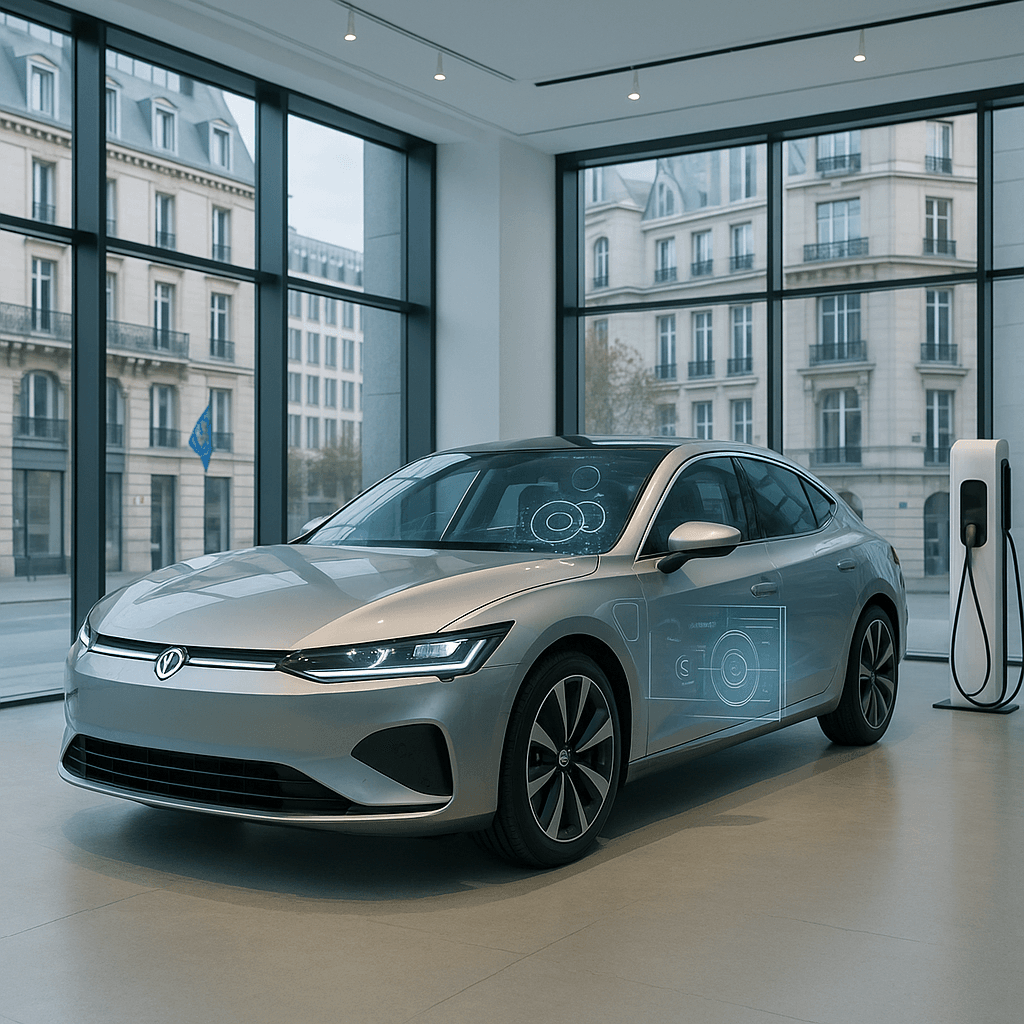Xiaomi is making its boldest move yet into the global automotive market, announcing plans to launch electric vehicles across Europe in 2027. The Chinese tech giant is already scouting showroom locations and considering local manufacturing, marking a significant expansion beyond its smartphone dominance. This represents one of the most aggressive international EV pushes by a Chinese tech company, putting it in direct competition with Tesla and traditional European automakers on their home turf.
Xiaomi just dropped a bombshell that could reshape Europe's electric vehicle landscape. The Chinese tech giant confirmed it's bringing its cars to European markets in 2027, complete with dedicated showrooms and potentially local manufacturing facilities.
Xu Fei, a vice president at Xiaomi, revealed the expansion plans during an exclusive CNBC interview, though he remained tight-lipped about which specific model would spearhead the European assault. "We would not design a totally new product," Xu told reporters, suggesting the company will adapt one of its existing Chinese models for European roads.
The timing couldn't be more strategic. While Tesla continues dominating premium EV sales across Europe and traditional automakers scramble to electrify their lineups, Xiaomi enters with a unique advantage - it's already a household name thanks to its smartphone empire. European consumers know the brand, trust its build quality, and appreciate its value proposition.
Xiaomi launched its first electric vehicle, the SU7 sedan, in China earlier this year to surprising success. The sleek four-door starts at around $30,000 and has been positioning itself as a premium alternative to Tesla's Model S, complete with advanced driver assistance features and over-the-air updates that mirror the smartphone experience.
But Europe presents different challenges than China's domestic market. Regulatory requirements are stricter, charging infrastructure varies dramatically between countries, and consumer preferences lean heavily toward SUVs and crossovers rather than sedans. That's likely why Xu hinted at local manufacturing - not just to avoid hefty import tariffs, but to customize vehicles for European tastes and regulations.
The showroom strategy signals Xiaomi's commitment to premium positioning rather than online-only sales. While has moved away from traditional dealerships, seems to believe European customers still want to touch and feel before buying, especially for a $40,000+ purchase from a relatively new automotive player.












